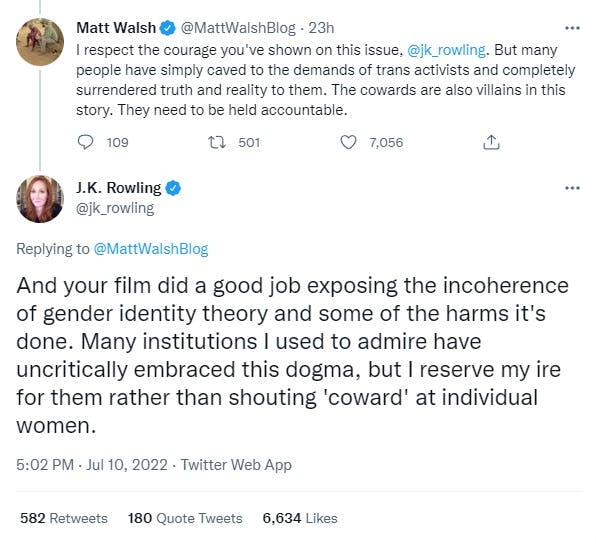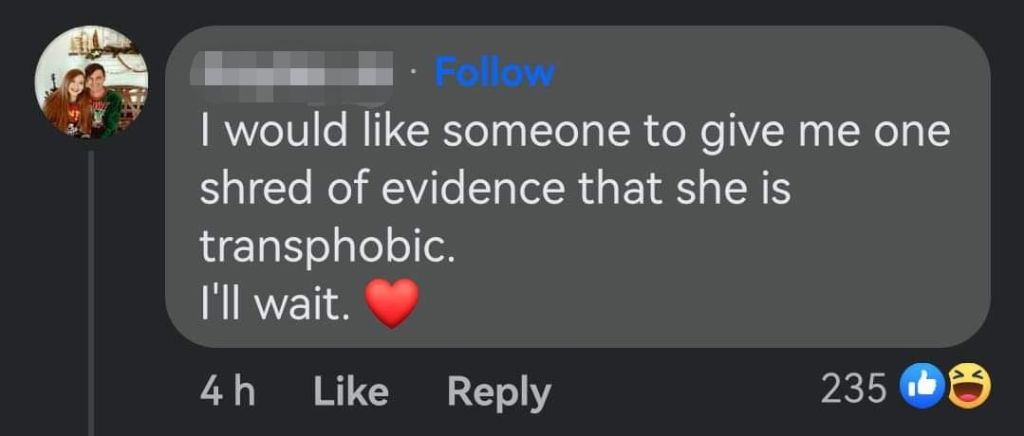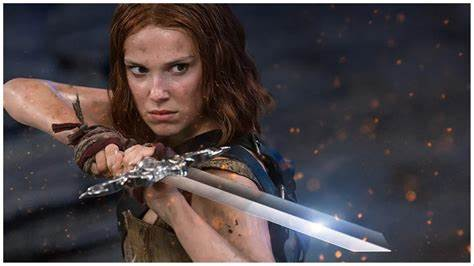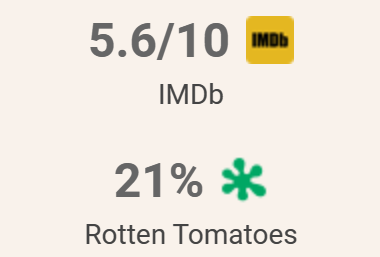It occurs to me that I spend a lot, and possibly an unreasonable amount, of time mocking Harry Potter across various platforms.
But, at the same time, I make comparatively little reference to JK Rowling’s public descent into single-issue TERFdom — including endorsing literal fascists and, since this was first drafted, a tiny bit of socially acceptable Holocaust denial.

There’s a few reasons this enduring clusterfuck is lower on my priority list than “good god, wizard-boy book bad”.
First, I think everyone I know and respect are already aware of Rowling’s descent to madness. They do not need reminded of it, nor their consciousness raised to it. For those with much more skin in the game, they probably don’t want a constant reminder that a prominent public figure would cheer on their genocide, backed by a coordinated media campaign to manufacture consent for it.
I also don’t think there’s much chance of convincing extant Rowling fans that what she does is bad. It’s been a few years now, so the thousands of people clogging up King’s Cross on September 1st have already indicated that this is not an issue for them. They’ve either decided that this obsessive hatred of trans and queer people is not a deal breaker, or worse, it’s something they would actively endorse.
You also have to bear in mind the usual retort: “what has she said that’s transphobic?”

It’s a rookie error to assume this is an honest question and a throw-down for you to provide evidence: It’s a statement to say that they don’t believe it’s a valid accusation. They will already be aware of what you’re going to say, and will have the rationale for why it “doesn’t count” pre-loaded and ready to go. Their model of reality includes Rowling’s opinions on trans people, and it precludes the idea that those are, in any sense, bad. There’s little arguing with this. You’re more likely to get traction with creationists and their highly movable definition of “transitional form”.
But another reason is that I don’t see her current obsession and main creative output as that surprising, nor is it remarkable.
Let’s compare with the usual author that crops up in these situations: the late Terry Pratchett, and a bit of a counterfactual thought experiment.
In 2017, long-time assistant and partner Rob Wilkins hired a steamroller to destroy Sir Terry’s hard drive, to permanently eradicate his unfinished manuscripts in accordance with his will. It’s hard to see all hope of ever seeing Raising Taxes get crushed, but it was The Right Thing To Do.

But, let’s think of an alternate reality for a moment. A proven revelation rocks the world: Pratchett had his hard drive destroyed to cover up the existence of countless essays on how Jews secretly rule the world, how LGBT+ people should be sent to concentration camps, and his opinions on the inferiority of lesser races. Perhaps even worse was on there.
In such an eventuality, I would — hopefully obviously — be beyond devastated. It would be a struggle, but the Discworld collection would be going on a bonfire for essential closure. But that hurt would be incomprehensible not just because someone I admire transpired to be a Total Wrongun, but because of the complete betrayal.
Pratchett’s novels are full of “militant decency”, respect for all life, and doing the right thing despite the difficulties. The text and subtext alike skewer homophobia, class oppression and racism (in deeper, more complex ways than “the green people hate the blue people…”) with unmatched fervour. There’s a reason his quotes appear so frequently in social justice circles.
The idea that the man himself thought otherwise…?
Such a thing would be so monumentally in opposition to every word he preached, in fiction and non-fiction alike. That is why it’s unthinkable, and — with as much philosophical certainty as I can muster — never going to happen.
By contrast, Harry Potter is flooded with so many red flags that the headlines should never have been “beloved children’s author turns out to hate trans people” and more like “we’re shocked it took until 2019 for her to come out and make it obvious”.
This is a series with shocking levels of casual racism, a visceral hatred of fat people, apologia for slavery and, of course, arbitrary morals where goodness is determined by the colour of your scarf and not the content of your actions. And none of this develops or changes through the series. At the start, Beloved old Hagrid magically disfigures a child for the crime of being mildly annoying (and fat) and faces no meaningful consequences. While the last thought to run through the hero’s mind before the close of the text is whether his magically indentured slave, from a lower race, should bring him a sandwich.

If anyone remembers the reported story of Rowling being bullied off a Harry Potter forum, we’re you surprised? Her books taught the fans how to do it: that it’s okay to attack and disfigure the people you don’t like, and even send them off to be assaulted by centaurs, provided you think you’re the main character. Or just laugh at them if they happen to display any sincerity towards disrupting the status quo. Her protagonists bully their way through life, and get away with it because they’re on the Right Team. And they’re not fat, of course; otherwise, how could you tell they were the Good Guys from the Right Team?
Rowling’s idea of an anti-authoritarian novel series has the main character become a cop, and the oppressive structures present at the start are still mostly maintained at the end — except, now, it’s under the new management of the Good Guys from the Right Team, so that’s fine and dandy.
All is right.
(at this point, just to throw it out there, Leigh Bardugo’s idea of an anti-authoritarian novel has six Chaos Bisexuals fuck up a bunch of rich people by any means necessary. Even King of Scars, which you’d expect to be full of Disney-like “Ah, but good kings are fine…” has our dashing lead take active steps to burn his own monarchy to the ground. 10 out of 10. No notes.)
Harry Potter, the character, would be the villain in a more competently written series. Sam Vimes would arrest him and figure out what to charge him with later, Kaz Brekker would rip his eye out and feel happy that there’s one less bastard in the world ruining the fun for everyone. Amos Burton would have a “quiet word” over a cup of coffee and within threateningly close proximity to an airlock.
Others have said this sort of thing before. They’ve said it more words, with more citations going down to the sentence level. They’ve said it for years, too. All I’m adding is that when Rowling came out as Queen of The Dickheads, no one should have been even remotely surprised. It’s all there on the page, out in the open for the best part of three decades.
That this all went uncriticised for so long, and that it remains popular despite the critiques now getting more attention, is (to me) far more interesting than her taking the next, utterly unsurprising and (to her) completely logical step and jumping on the transphobic bandwagon. It’s just another unremarkable trope that absolutely fits the person behind this literary dreck.
Have I mentioned I really dislike Harry Potter as a series and have done for 20+ years? Just trying to make it clear…



